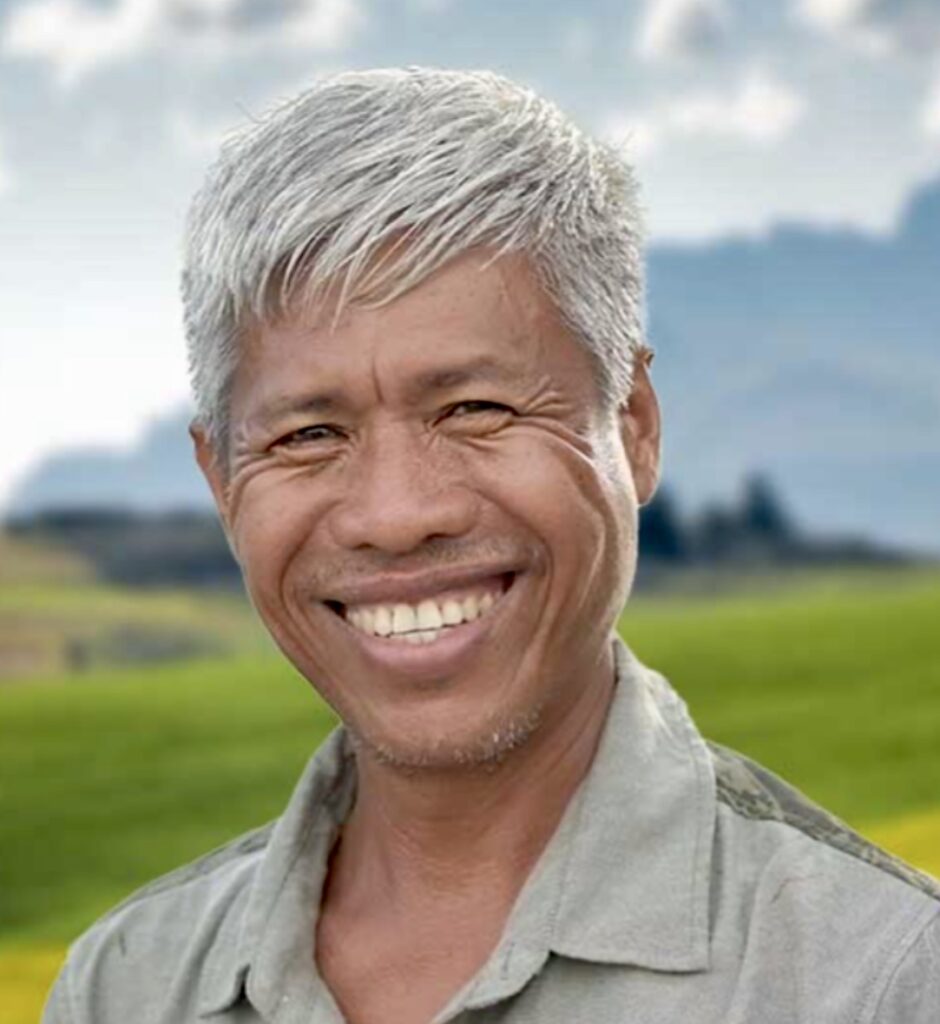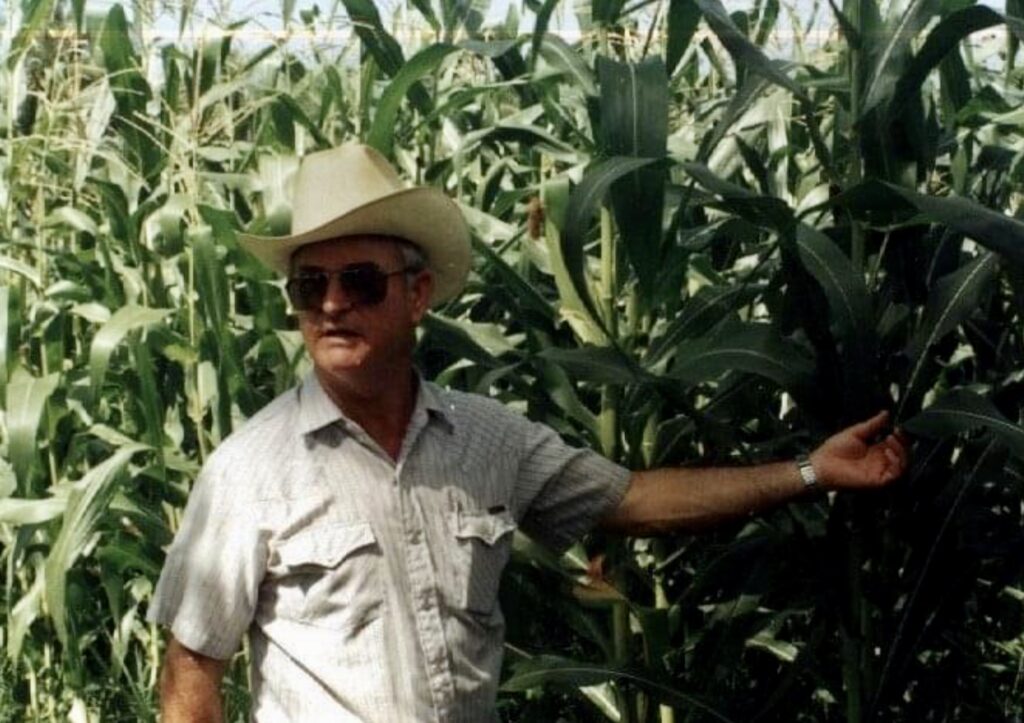Text and Photos by Henrylito D. Tacio
Additional Photo by RM Award Foundation
When Roberto “Ka Dodoy” Ballon, a fisher and community environmentalist, was named as one of the recipients of the 2021 Ramon Magsaysay Awards last August 31, he became the fourth person from Mindanao to be given such honor.
Ka Dodoy is from Kabasalan, Zamboanga Sibugay. He worked with the people in his coastal community in rehabilitating the mangroves, bringing back crabs and fish, and providing a spawning ground for oysters.
He is being recognized for “his inspiring determination in leading his fellow fisherfolk to revive a dying fishing industry by creating a sustainable marine environment for this generation and generations to come, and his shining example of how everyday acts of heroism can truly be extraordinary and transformative.”
When he learned that he won the award, Ballon said: “Iniaalay natin sa mga kasama nating mangingisda lalong-lalo na sa mga maliliit na mangingisda sa Pilipinas… Sana sa pamamagitan nito, mas lalong makilala at suportahan ang ating programa bilang maliliit na mangingisda sa Pilipinas.”
Ka Dodoy is not actually from Zamboanga. His Visayan parents migrated to Kabasalan when he was in his teens. Poverty prevented him from going to college, so he followed the footsteps of his father as a fisherman.
In 1986, he and thirty other fishermen started an association of small fishermen. But with little help and meager returns, the members dwindled to only three. But Ka Dodoy was not discouraged; he persisted.
Their perseverance attracted government support, reaching a milestone in early 2000 when they were given tenurial rights to the reforested land. “What was once a desert of abandoned fishpond is now an expanse of healthy mangroves forests rich with marine and terrestrial life,” the press statement said.

The most recent recipient of the prestigious RM award was Randy Halasan, who is from Davao City. According to the citation, he received the award for nurturing his Matigsalug students and their community, respecting their uniqueness, and preserving their integrity as indigenous peoples in a modernizing Philippines.
Halasan was a novice teacher who was assigned at Pegalongan Elementary School, which is located in one of the remotest villages in the mountainous hinterland of Davao del Sur. After seeing the place, he thought he would never survive living in such a place. After all, there was no electricity, no cellphone signal, and only primitive amenities.
But he did survive. The word Pegalongan, according to oral tradition, means “the place from which the light shines.” In its press release, RM Foundation states: “Because of one highly motivated civil servant, the village has truly become what its name suggests.”
Halasan became the voice of the Matigsalug indigenous community to local government offices. He also lobbied strongly for two bridges to be built in the area to help students who have to cross rivers just to reach their school.
Explaining his motivation, Halasay says simply: “No one got rich out of teaching; it’s your legacy that matters.”
In 2018, President Rodrigo R. Duterte appointed Halasan as one of the two commissioners from Mindanao to head the Presidential Commission for the Urban Poor; the other one was Normal Brillantes Baloro.
Before Ballon and Halasan, the two other recipients from Mindanao were foreigners, both Americans.
The first one was Fr. William Francis Masterson, a Jesuit priest. He was assigned to the Ateneo de Cagayan de Oro (now called Xavier University), where he headed the English department. In 1953, he founded the College of Agriculture and the Southeast Asia Rural Social Leadership Institute (SEARSOLIN) in 1964. In 1968, he founded the Xavier Science Foundation, a non-government organization separate from the university that supports local agriculture, development, and education.
In 1974, he was conferred the RM’s international understanding award in recognition of “his multinational education and inspiration of rural leaders prompting their return to and love of the land.”
In receiving the award, Fr. Masterson said: “Vision begets dreams, which no matter how ridiculed, no matter how seemingly impossible from so many angles, human and financial, have ways of coming true.”
In 1985, Harold Ray Watson, an American missionary, became an RM laureate for international understanding. He was cited “for encouraging international utilization of his sloping agricultural land technology to help the poorest of small farmers.”

Watson is from Hattiesburg, Mississippi. He came to the Philippines in the 1960s. In 1971, he opened the Mindanao Baptist Rural Life Center (MBRLC) in Kinuskusan, Bansalan, Davao del Sur. It’s a training center for farmers, which integrates agricultural development with Bible teaching. He served as director for the center until his retirement in 1997.
One of the upland schemes he and his co-Filipino workers developed is called Sloping Agricultural Land Technology (SALT). It was developed to arrest soil erosion, one of the biggest problems in farming.
As he pointed out in his speech when he received the award, Watson said: “Soil erosion is an enemy to any nation – far worse than any outside enemy coming into a country and conquering it, because it is an enemy you cannot see vividly. It’s a slow creeping enemy that soon possesses the land.”
The Ramon Magsaysay Award is Asia’s premier prize and highest honor. In fact, it is considered as Asia’s Nobel Prize. In its website, rmaward.asia, it states that the award “celebrates greatness of spirit and transformative leadership in Asia.”
It was established in 1958 to celebrate the memory and leadership example of the seventh Philippine president. “(It) has been bestowed upon over three hundred outstanding individuals and organizations whose selfless service has offered their societies, Asia, and the world successful solutions to some of the most challenging problems of human development,” the website states.
The Ramon Magsaysay Award Foundation started giving awards in 1958. But there were three times when it didn’t hand out awards. The first one was in 1970 due to the global financial crisis. The second time was in 1990 due to the Luzon earthquake. Last year, there was no awarding ceremony due to the coronavirus disease 2019 (COVID-19) pandemic.

